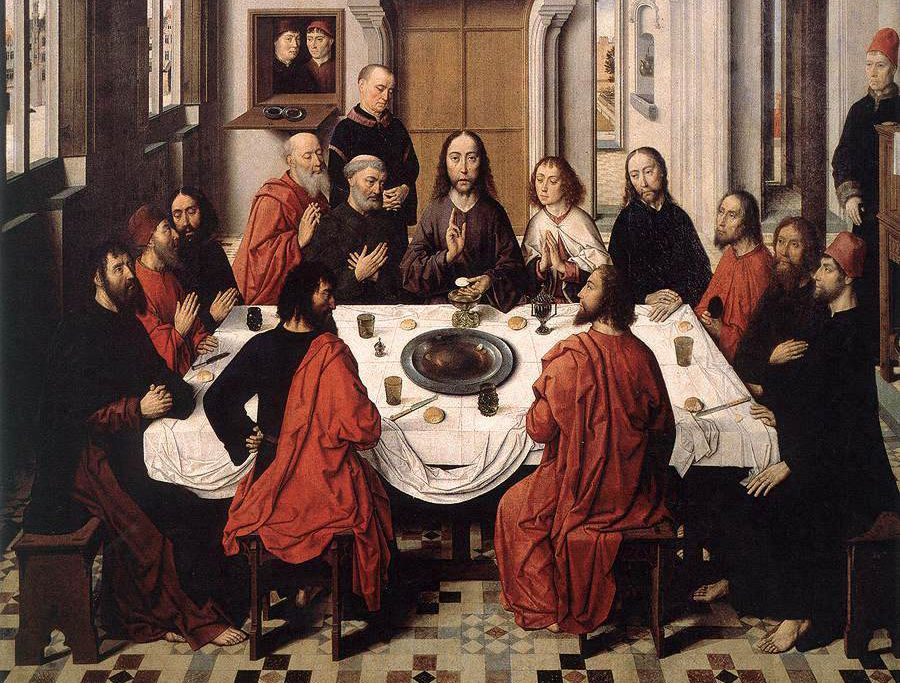
History of Napkins
Many ancient sources says that the ancient Greeks used bread to wipe their hands. It is said that the hands are cleaned with the hard parts of the bread.
The use of paper napkins is documented in ancient China, where paper was invented in the 2nd century BC. Paper napkins were known as chih pha, folded into squares and used for serving tea.
Napkins finally came back in a big way and added an air of formal to many settings—especially as a variation of tablecloth called a surnape, which those of enough status received at their table places. These cloths finally made it to less formal settings, too.

It has been argue that Leonardo da Vinci invented the napkin in 1491. with respect to this argue, the Duke of Milan, Ludovico Sforza, used to live rabbits decorated with ribbons to the guest’s chairs. so they could wipe their hands and mouth on the animal’s back. Leonardo found this incorrect, and introduce a linen material for each guest. The myth stems from Leonardo's Kitchen Notebooks (1987), by Jonathan Routh and Shelagh Routh, a prank book published as an April Fools’ Day joke, that claims a long lost Codex Romanoff was found in 1481, which never really existed.
Paper napkins were seen as something of a faux pas in social settings until around the 1950s, when the product developed and convenience won out. A important turning point came in 1948, when American etiquette author Emily Post gave a comfirmed. When asked whether it was better to reuse a cloth napkin or use a fresh paper one, she said with ''paper''
“It’s far better form to use paper napkins than linen napkins that were used at breakfast,” she said at the time.
Of course, paper napkins have a major difference between comparable cloth ones—they’re disposable.
There are resources such as electricity and water used for washing and reusing fabrics. But disposable napkins are used and thrown away. then it goes to recycling.
https://www.atlasobscura.com/articles*
https://en.wikipedia.org/*
